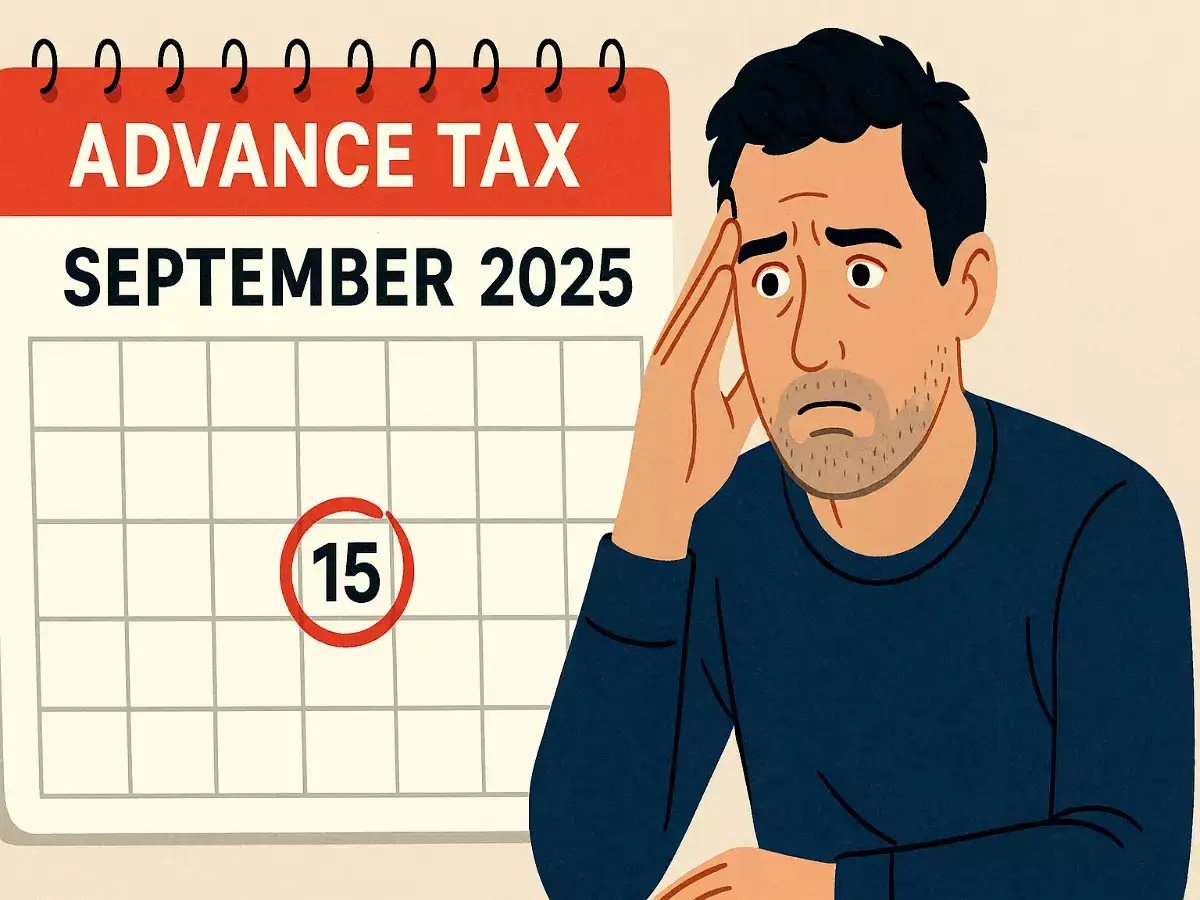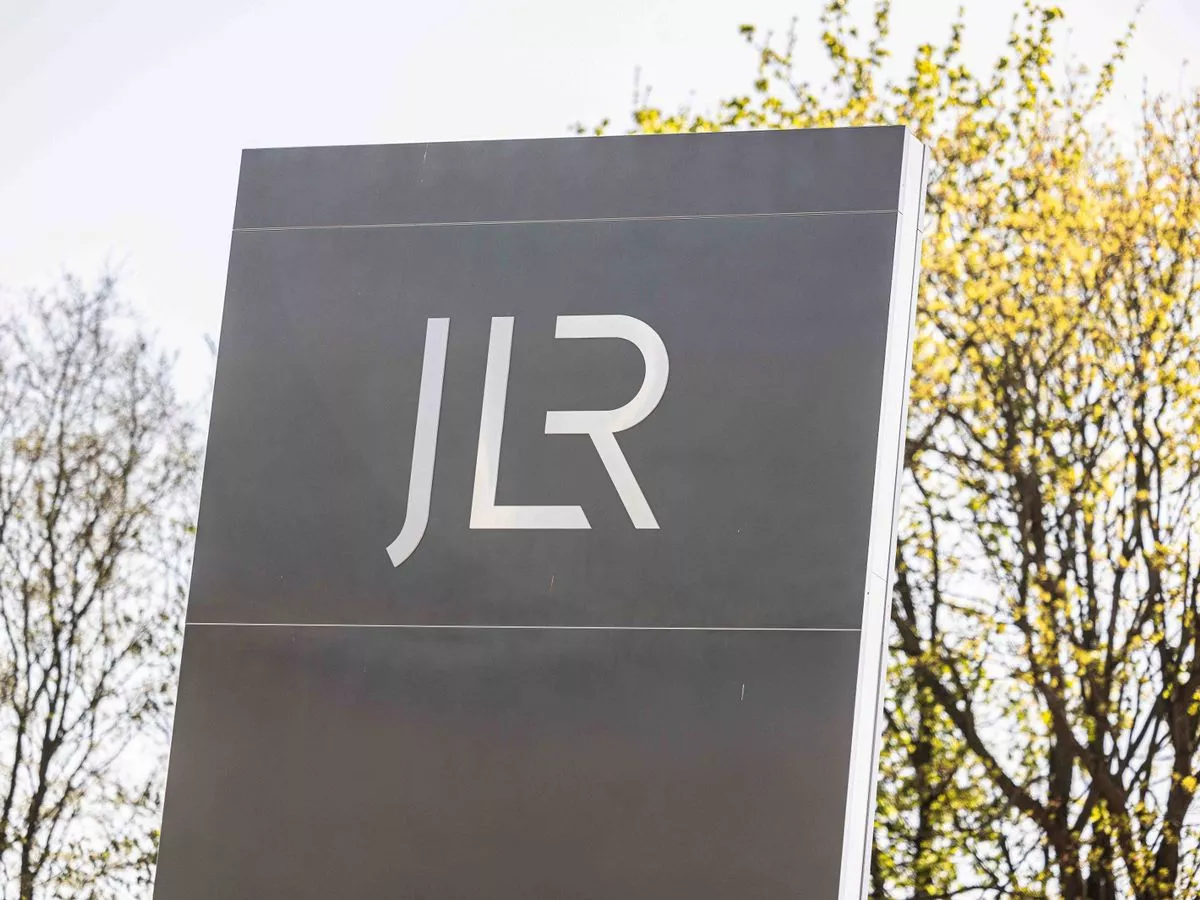By Vinayak Milan Pradhan
Copyright techgenyz

For Gen Z, navigating the world of work can be both a very exciting and a majorly daunting task.They are entering careers during a time of unprecedented change, where opportunities are plentiful and elusive at the same time.AI-powered career counselling platforms are stepping in to bridge this gap, offering tailored guidance with efficient job matching that aligns with growing demands.
AI in Career Counselling is transforming how the workplace is navigated. The workplace is changing at a pace more rapidly than ever before. No generation feels it more intensely than Generation Z. Born during the late 1990s to the early 2010s, these native digital citizens are entering a world where industries are being turned inside out, jobs seem to be materializing overnight, and roads that were once set in stone are slowly fading away.
Unlike their parents or even millennial siblings, Gen Z does not appear to view career discovery as something led by high school counsellors, college advisors, or piles of job listings. They anticipate newer technology to take an active role in carving their vocational destinies.
This is where artificial intelligence enters the picture. AI-powered career counselling platforms are offering new ways to match young people with jobs, assess their strengths, close skills gaps, and prepare them for interviews and salary negotiations. For Gen Z, who grew up with smartphones and social media, these tools feel intuitive, personalized, and most importantly, relevant to the fast-moving labour market. As traditional methods of career guidance struggle to keep pace, AI is stepping up to help an entire generation navigate with confidence.
Why AI Matters for Gen Z Career Guidance
One of the reasons why Gen Z takes so well to AI is because it “speaks their language”. This generation is accustomed to personalized digital experiences, think Netflix recommending movies or Spotify curating playlists. They expect the same kind of immediacy and customization in career advice. An AI platform can analyze a user’s profile and, within minutes, generate a tailored list of career options, potential employers, or even online courses to bridge skill gaps. This is in stark contrast to the generic career handouts or broad guidance that previous generations often received.
The contemporary labor market is notoriously volatile. Positions such as “AI ethicist” or “TikTok marketing manager” did not even exist a couple of years ago, but are now actual career paths. Meanwhile, previously stable sectors like retail or publishing are being reshaped by automation and digital disruption. AI-powered counselling software is able to analyze massive amounts of labour market information in real time, making recommendations in sync with what employers really need. For a generation concerned about being relevant, this real-time recalibration is priceless.
How AI Career Platforms Work
AI career platforms go far beyond simple job boards. They combine assessments, coaching, and job-matching into a cohesive experience. Many begin by asking users to complete personality tests, aptitude quizzes, or skill inventories. Based on these inputs, the AI suggests career paths that fit not only someone’s technical abilities but also their interests and values. A student who excels in problem-solving and enjoys creative expression, for example, might be shown career options in design, marketing analytics, or even game development.
Once a direction is identified, these platforms often provide detailed learning roadmaps. If a user lacks certain technical skills, say Python programming or project management, the AI highlights courses or certifications to close the gap. Platforms like Coursera and LinkedIn Learning already use this model, guiding learners through adaptive paths that respond to progress and preferences.
In addition to skill building, AI technology also streamlines the nitty-gritty aspects of finding a job. Sites like Torre employ sophisticated algorithms to match a candidate’s profile with open positions, taking into account not only skills but personality, salary requirements, and potential for growth. Rather than swiping through reams of job listings, users are given options that best suit them. For Gen Z, with their emphasis on efficiency and accuracy, this sort of matching is both liberating and utilitarian.
Platforms Leading the Way
A wide range of platforms is shaping the future of AI-driven career counselling, each with its own approach. Apt, for instance, offers a quick career test that taps into a vast dataset to suggest tailored career paths, while also providing resume help, interview coaching, and ongoing mentorship. Careerflow AI has built a reputation for making resumes and LinkedIn profiles shine, offering keyword analysis and tracking tools that simplify the job application process.
Tech giants are also entering the space. LinkedIn has leaned heavily into AI, introducing premium tools that act as virtual career coaches. Meanwhile, Google has launched “Career Dreamer,” which uses AI to help users write career identity statements, map out potential paths, and even prepare application materials, all designed to make job exploration feel more guided and less overwhelming.
Other players are carving niches in job matching and filtering. Torre, as mentioned, uses a “genome” system to profile candidates in depth and then align them with the best-fit roles, while HiringCafe focuses on scraping and filtering job postings with natural-language AI search. In the corporate world, companies like Salesforce are experimenting with AI coaches that help employees explore new roles internally, creating mobility within organizations and boosting retention.
Together, these tools represent a spectrum of solutions: some help individuals find their job, others support career pivots, and still others focus on internal growth within established careers.
Why Gen Z Benefits Most
While anyone can make use of AI career tools, Gen Z is especially well-positioned to gain from them. Many young people in this generation are exploring careers in a world that prizes flexibility over loyalty to one employer. They are often open to side hustles, freelance work, or hybrid career paths that blend creative and technical skills. AI helps make sense of these options, showing how different interests can intersect in meaningful work.
The immediacy of AI advice also appeals to Gen Z’s expectations. They will not wait for weeks to hear back from a recruiter or a counsellor. They can simply log in to an AI platform and receive answers instantly, whether related to possible job opportunities, the worth of a particular skill, or how to write a cover letter. Such immediacy alleviates their anxiety and gives them the power to act proactively..
Another significant advantage is in limiting bias and expanding access. Conventional hiring practices rely to a large extent on networks and human judgment, which disfavor those who do not have extensive professional networks. AI systems focusing on skills and abilities instead of background information present more balanced opportunities. For Gen Z, who strongly value diversity and equity, this quality of AI counselling is especially attractive.
The Challenges Ahead
Naturally, AI is no silver bullet. Platforms are only as good as the data and algorithms that drive them. If discrimination is encoded in the training data, they can unwittingly reinforce inequality instead of diminishing it. Fairness and transparency will be an ongoing challenge.
There is also the risk of overreliance. While AI can provide incredible insights and practical tools, it cannot replace the nuanced understanding of a human mentor or counsellor who can account for personal context, emotional concerns, or complex life circumstances. A purely AI-driven approach may leave gaps in guidance that only human empathy can fill.
Privacy is also an issue. Platforms keep sensitive career information, from skill evaluations to pay levels. Consumers must know how their data is being collected, used, and disseminated. Businesses that deal with such data must have robust safeguards to gain trust among young consumers who are properly wary of digital privacy.
The Future of Career Counselling
Despite these challenges, the future of AI in career counselling looks promising. Researchers and startups are experimenting with increasingly sophisticated models. One example is “Steve,” an AI chatbot that conducts interviews with users to assess their current stage and then recommends courses to help them progress. Another tool, VizCV, visualizes the career trajectories of researchers, mapping out topic shifts, collaborations, and impact in ways that could guide better decisions.
As AI becomes more advanced, career counselling will likely move beyond static recommendations to dynamic, lifelong support. Imagine a system that tracks progress from high school through mid-career transitions, adapting its advice as you grow and the job market evolves. For Gen Z, who may need to change careers multiple times in their lives, such continuity could be transformative.
These tools are imperfect, and they should not supplant human intuition. Instead, they serve as powerful companions, giving GenZ the confidence to explore, the resources to prepare, and the clarity to pursue paths that feel both practical and meaningful. As technology continues to evolve, the fusion of human wisdom and AI’s precision may well become the gold standard in career counselling, helping not just Gen Z but future generations navigate an ever-shifting world of work.



